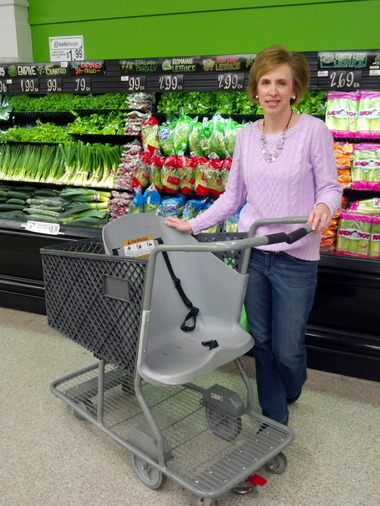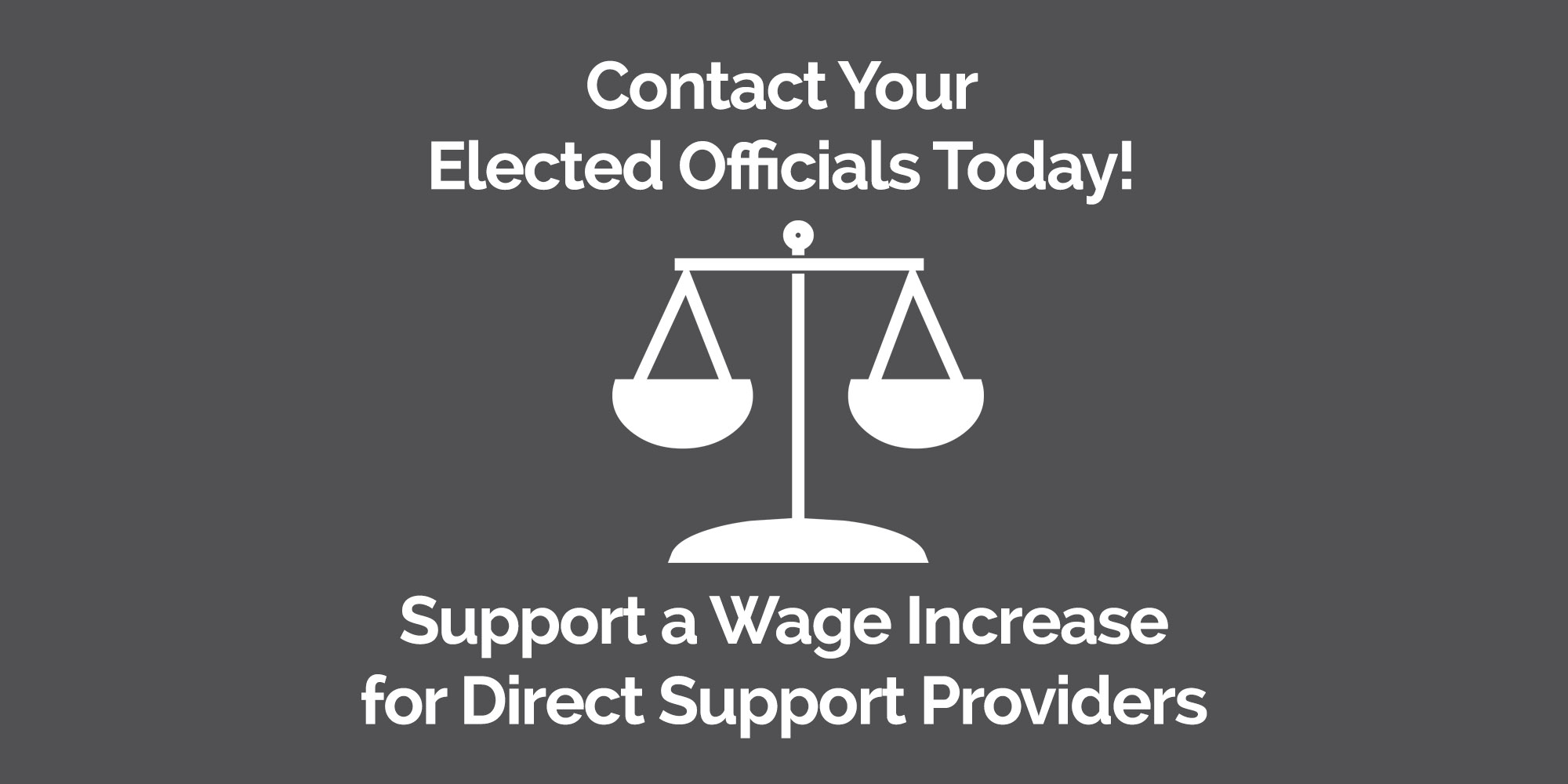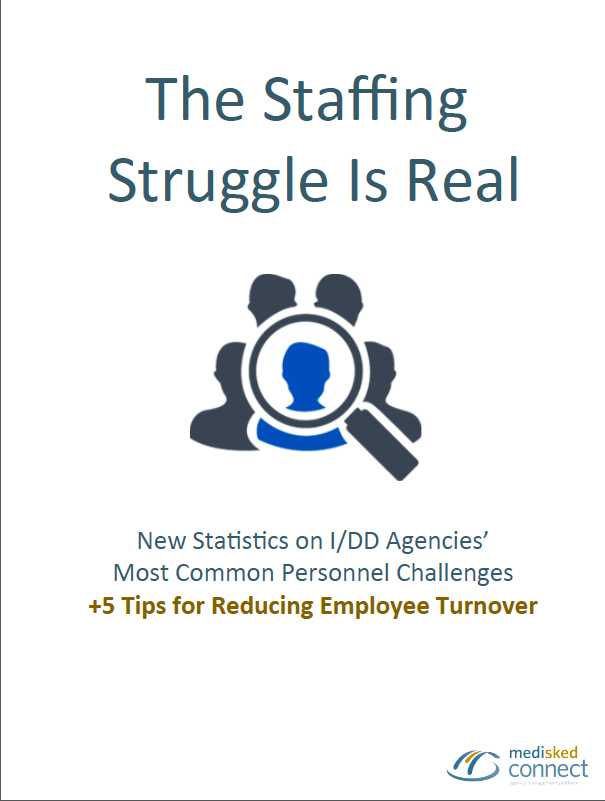A few hours ago, the Chicago Tribune shared this article about Target stores adding new shopping carts to their fleets. These new carts, called Caroline's Carts, are specifically designed for adults and children with disabilities. To many families, they are an answered prayer.
Once a person with disabilities has outgrown the seat in a standard shopping cart, their family and support staff's shopping trips could be incredibly difficult. Manuevering a wheelchair and a shopping cart at the same time is just not practical for one person so you need to either shop as a team or leave the person with disabilities at home. Which brings me to my next point.
The real story here isn't that Target is adding new shopping carts to all of their stores, it's what those shopping carts mean for people with disabilities and their families.
One of the nation's largest retailers just did something big. By adding these carts, they're saying that not only do they welcome people with disabilities in their stores - they're willing to do whatever it takes to make shopping there as easy and as comfortable as possible for them and their families. They're not just building their entrances to ADA specifications, they're creating an experience that is welcoming.
That's inclusion at its finest and today I am incredibly proud to be a Target shopper (who is virtually incapable of leaving one of their stores without spending $100.)
There's no question that other major retailers are seeing this and will likely follow suit (my favorite grocery store Wegmans already has!) - and that's a big step in the right direction.
Kudos to Target and all of the families who will benefit. This is a beautiful thing!

The MediSked Blog
The Real Reason Target's New Shopping Carts For People with Disabilities Are Such a Big Deal
Posted by Elizabeth Chatterton on Wed, Feb 10, 2016 @ 04:30 PM
Tags: Inclusion
Minimum Wage Increases Are Good. Not Funding Them Could Be Disasterous for the I/DD Field.
Posted by Elizabeth Chatterton on Mon, Feb 08, 2016 @ 10:13 AM
Many of our partner agencies in New York State are freaking out - with good reason. Governor Andrew Cuomo is fighting hard for his proposed $15 minimum wage, which is great. Unfortunately there is a major flaw that threatens the viability of mostly government-funded human service organizations.
Read MoreTags: New York
Don't Miss Our Latest eReport: The Staffing Struggle is Real
Posted by Elizabeth Chatterton on Fri, Feb 05, 2016 @ 03:07 PM
I'm super excited to announce our brand new, just published eReport, The Staffing Struggle Is Real.
Read MoreTags: Staff Management
The Most Important Thing You Need to Know Before Changing the Way You Do Things
Posted by Elizabeth Chatterton on Wed, Feb 03, 2016 @ 02:04 PM
If there's one thing we deal with a TON here at MediSked, it's change.
Whether we're developing new features to make our software offerings better, helping an agency go paperless with MediSked Connect, or customizing the technology a state government needs to move to a managed care model, we're consistently asking people to change the way that they do things.
When you factor in that they've likelly being doing it that way for a very long time, it's not always an easy task.
We feel that way too. We hire some of the best and brightest people on the planet and that kind of talent usually has some ideas on how to do things smarter - and better. That doesn't make it any less scary to try it, however. And there's one very important thing you need to understand about why people resist and how to get their support and enthusiasm.
Are you ready? This is important! Here it is:
People are not opposed to change - they are opposed to being changed.
Knowing that can (and will) make all the difference. If you force people to do something that scares them, they will not respond well.
Two of the most profound fears that human beings face are the fear of failure and the fear that they cannot adapt or learn something new. If they are involved, informed, and reassured that they won't fail because you'll provide them with all of the resources and support they need to succeed, they're more likely to embrace the change with excitement - rather than resistence.
Tags: Change Management





